Opioid use disorder includes signs and symptoms that reflect compulsive, prolonged self-administration of opioid substances that are used for no legitimate medical purpose. Although opioids usually are prescribed to control pain or diminish cough, they also produce feelings of euphoria, tranquility, and sedation that may lead the patient to continue to take these drugs despite the development of serious related problems.
Opioid use disorder, with severity specified as mild, moderate, or severe, depending on the number of diagnostic criteria that have been met. While it can range from mild to severe, even a mild disorder can escalate and lead to serious problems, so early treatment is important.
There can be several causes of opioid use disorder. Various factors like genetic, psychological, social, and environmental factors can all impact how taking opioids affects your body and behavior. For certain people taking opioids has a different and stronger impact that can lead to opioid use disorder that it may not have on others.
Symptoms of opioid use disorder can include:
If you are taking opioids solely under appropriate medical supervision, an individual does not meet this criterion. Opioid withdrawal causes brief, but severe, episodes of depression that can lead to suicide attempts and completed suicide. Accidental opioid overdose is common and should not be mistaken for a suicide attempt. Opioid use disorder can include periods of opioid intoxication and symptoms of withdrawal.
Presence of either of the following:
The signs or symptoms in Criterion B cause clinically significant distress or impairment in social, occupational, or other important areas of functioning.
The signs or symptoms are not attributable to another medical condition and are not better explained by another mental disorder, including intoxication or withdrawal from another substance.
There is no perfect way to approach a loved one that you assume or know is struggling with opioid use disorder. Many people who don’t recognize opioid use disorder hesitate to get treatment because they don’t recognize they have a problem, so approaching them to tell them that they do have a problem can be difficult. An intervention from loved ones can help some people recognize and accept that they need professional help.
If you’re concerned about someone who may have an opioid use disorder, ask a professional experienced in drug addiction treatment for advice on how to approach that person. You cannot force someone to seek professional care, but you can always offer your support and encouragement. Even though you may not be able to prevent your loved one from developing an opioid use disorder, you can still talk with them about treatment options.
There are effective treatments for opioid use disorder. The first step in treatment is being able to recognize that you have an opioid use problem, which can be difficult for most individuals. Many individuals reach this realization at a very low point brought upon by opioid use disorder. Even with treatment, there is a probability that you may return to opioid use.
This is more like occurring if you spend time with people who use opioids or you’re in environments where opioid use is common. A key part of recovery from opioid use disorder is continued support.
Aftercare programs and/or support groups help people recovering from opioid use disorder stop using opioids, manage relapses, and cope with necessary lifestyle changes. If you feel that you’ll start to use opioids again, contact your mental health professional or sponsor right away to prevent a relapse. Lifestyle changes are also crucial in recovering from opioid use disorder. Ensuring that your family and friends are aware that you are recovering from opioids and develop a support system of friends and family who can support your recovery, not impair your recovery.
If you have people in your life that continue to take opioids that do not support your recovery, they may impact your course of treatment and recovery. Finally, continuing to engage in other healthy habits is necessary for treatment. This can include managing stress in a healthy way, good sleep habits, maintaining a schedule, or regular physical activity can make it easier for you to recover from opioid use disorder.
Psychotherapy
Psychotherapy, also known as talk therapy or psychological counseling is used to identify the patterns of behaviors, thoughts, triggers, etc. that may impact individuals with opioid use disorder. In therapy, individuals learn skills and establish treatment plans that usually involve drug treatment specialists. It may include goal setting, behavior change techniques, the use of self-help manuals, counseling, and follow-up care at a treatment center.
In therapy or counseling, it may help individuals better understand their problem with opioids and support recovery from the psychological aspects of opioid use. Opioid use disorder commonly occurs along with other mental health disorders, like depression and anxiety, which can be discussed in therapy.
Family Therapy
Family therapy is a form of therapy that can support the individual, as well as the family in regards to how opioid use behaviors affect the family unit. It can provide the family with skills on how to resolve issues that arise and communicate with each other in a healthy manner. Family therapy also provides the individual with the support needed for their recovery.
Self-Help Groups/Therapy Groups
Various self-help groups are options for individuals to attend, such as Narcotics Anonymous. Some people find that talking with others who have an opioid use problem may be a helpful part of treatment. Through self-help groups, individuals find a forum of peer support, gaining strength as they share their feelings, and experiences with others who are facing the same obstacles as themselves.
Self-help groups can also be helpful because you can have a sponsor that will assist in your continued recovery. Clarity Clinic provides group therapy that is led by a certified alcohol and drug counselor.
Medications
Some medications can assist in the treatment of opioid use disorder. It is important to be cautious when withdrawing from opioid use, especially if a person has been injecting use. It can be suggested an individual be considered for opioid agonist maintenance treatment. These medications can help alleviate the symptoms of withdrawal and cravings.
At Clarity Clinic, we’re committed to supporting you through the challenges often associated with Opioid Use Disorder by addressing the co-occurring mental health issues that can accompany it, such as anxiety, depression, and trauma.
While we do not treat drug addiction directly and we are not a drug addiction rehab center, our experienced team of professionals provides compassionate care and evidence-based therapies to help you build resilience and improve your mental well-being.
Take the first step toward a healthier, more balanced life by scheduling an appointment today. Your journey to healing and emotional transformation begins here.
Disclaimer: The information on this page is for educational and informational purposes only and is not a substitute for professional medical advice, diagnosis, or treatment. Always consult a qualified healthcare provider with any questions regarding a medical condition or treatment. Never ignore or delay seeking professional help due to information found here.




















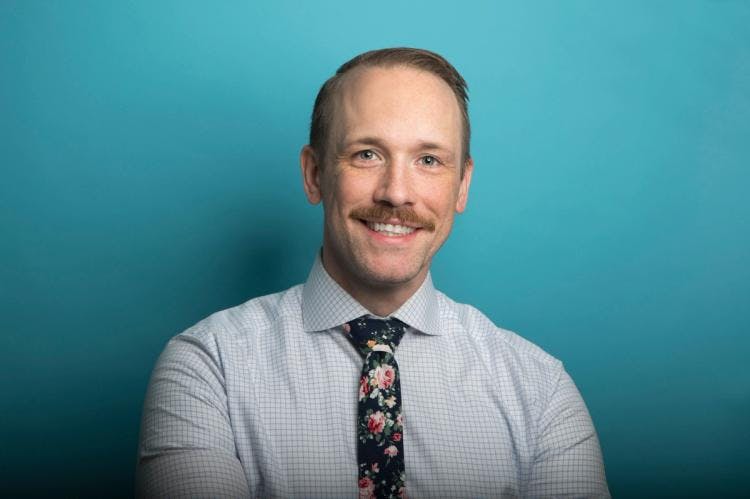
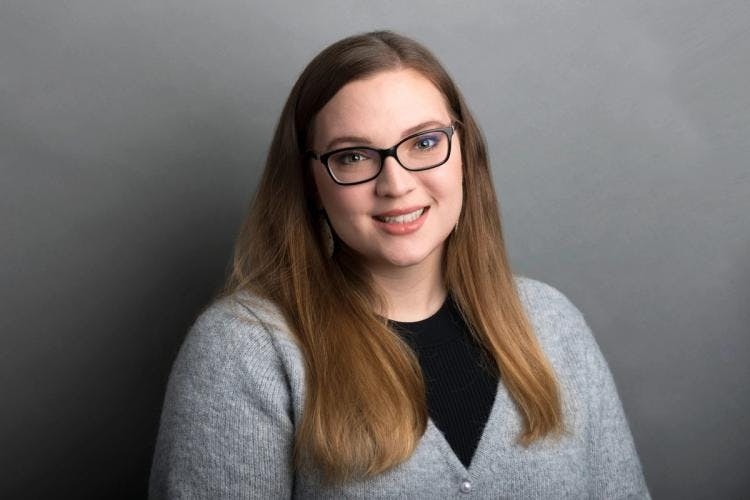
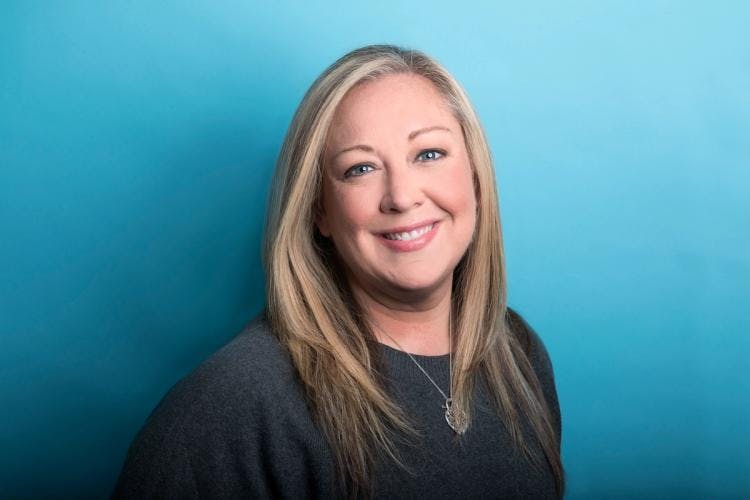
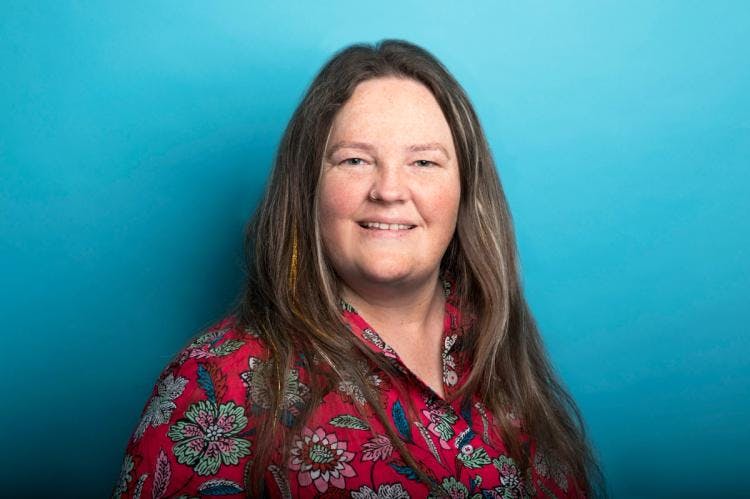
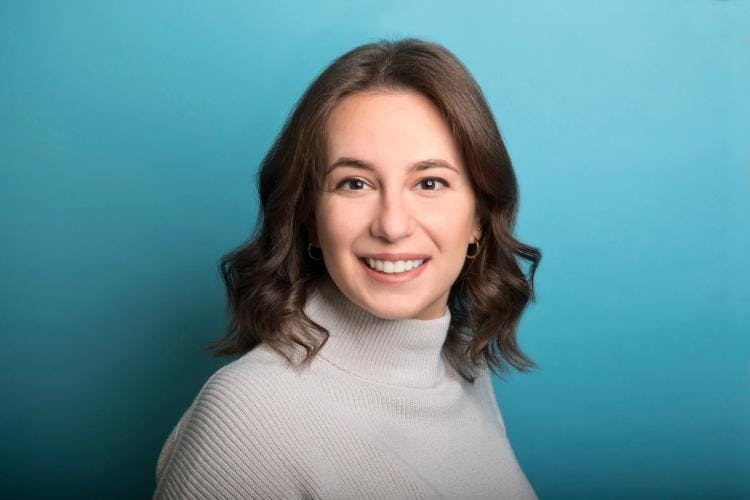

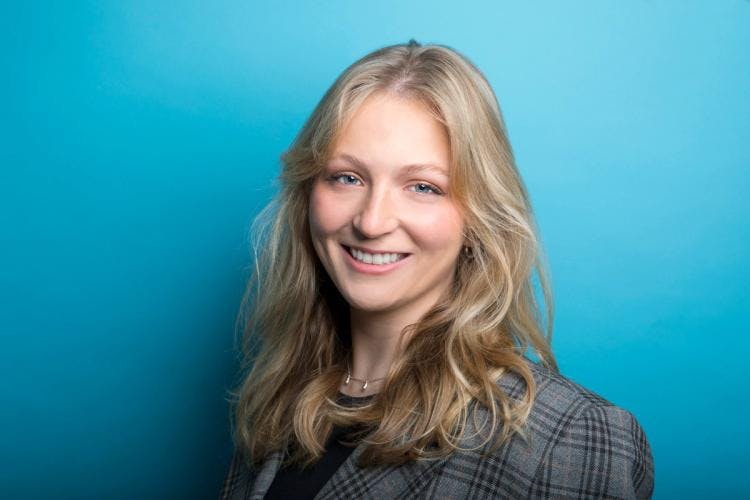
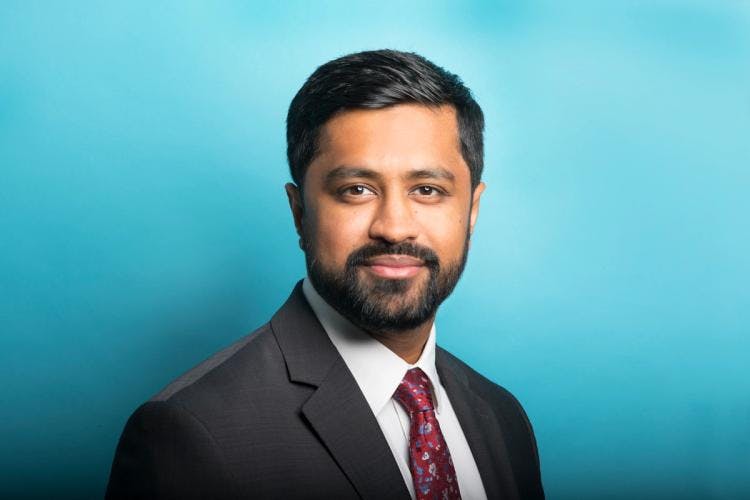
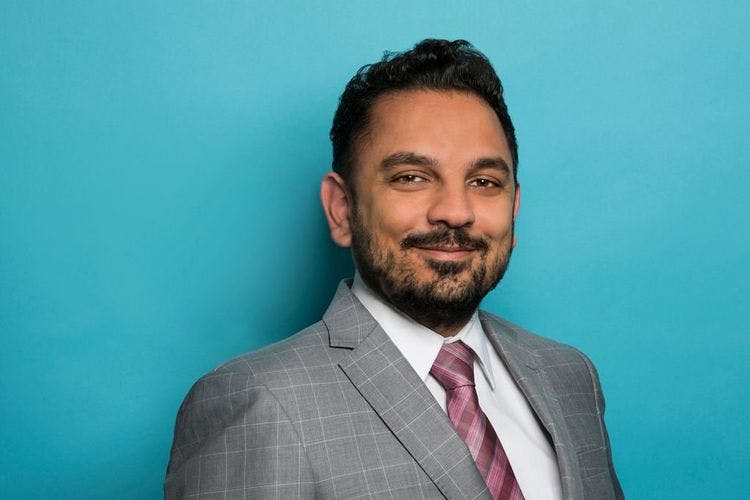
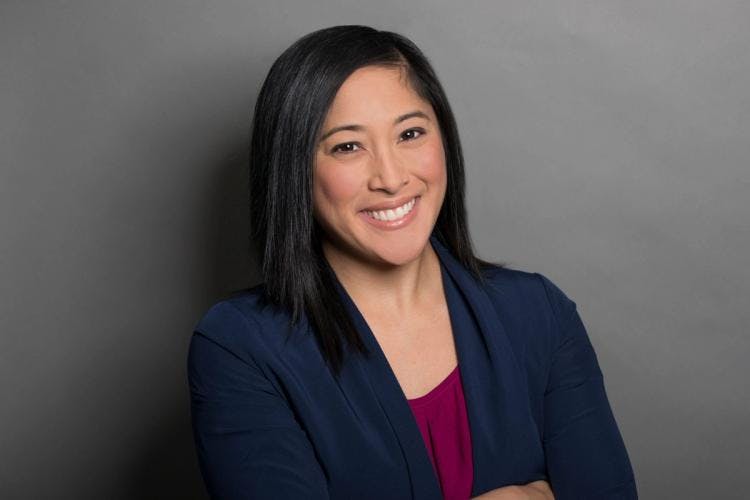
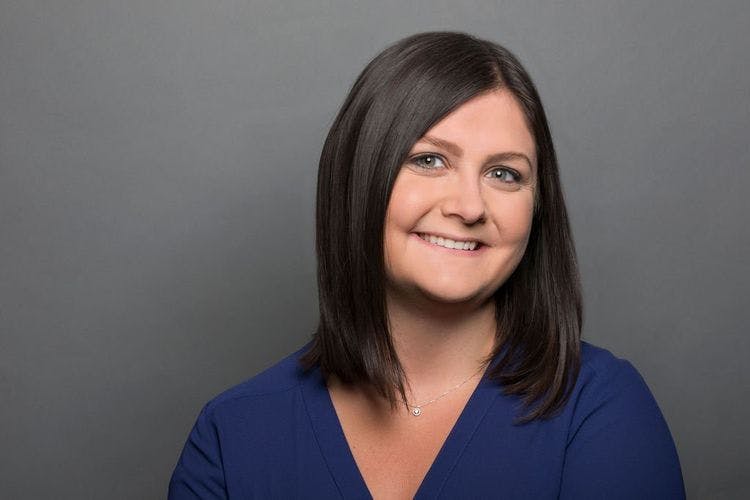

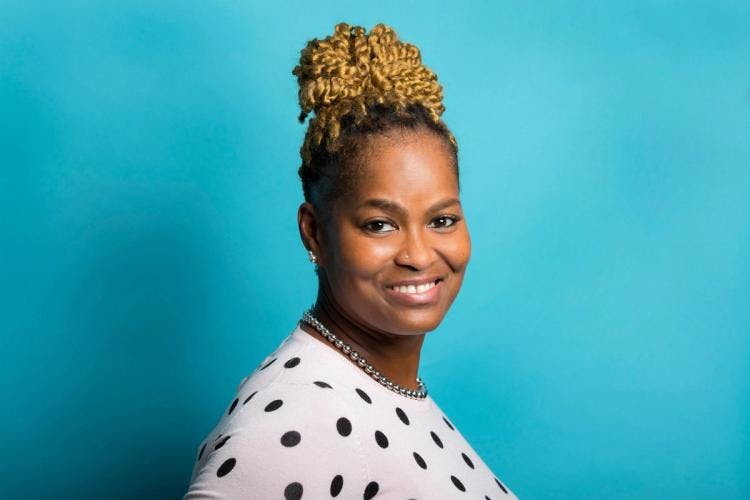
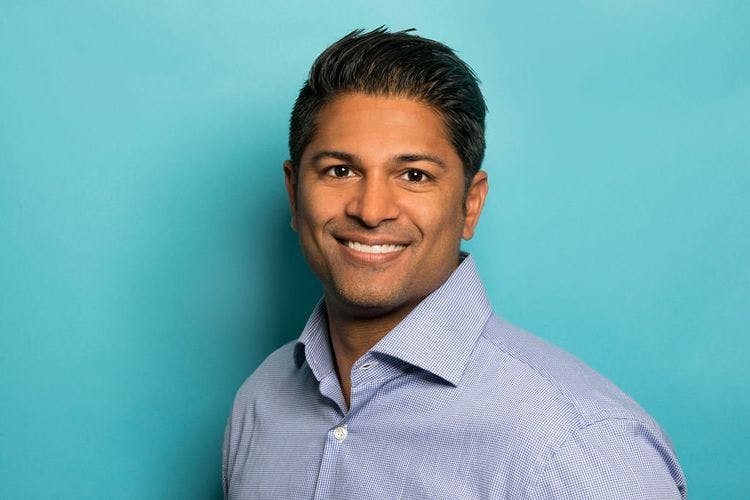

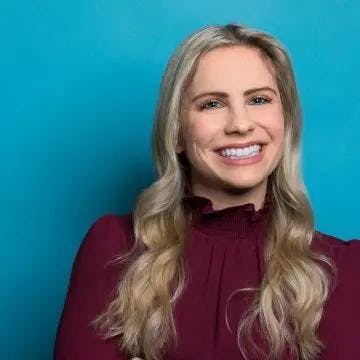

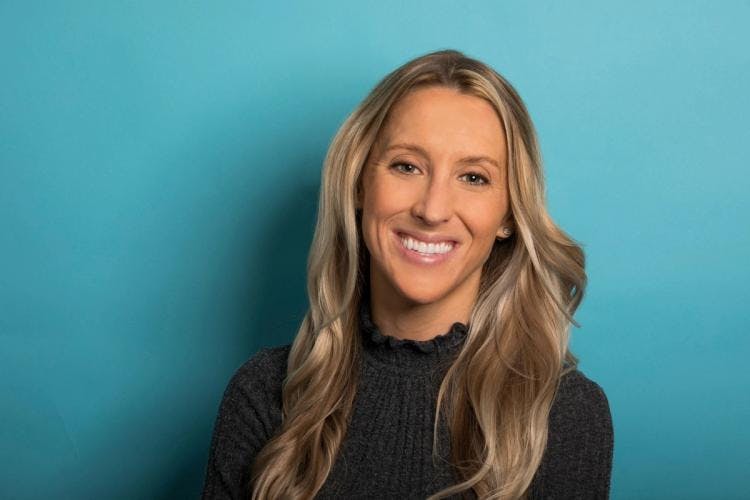
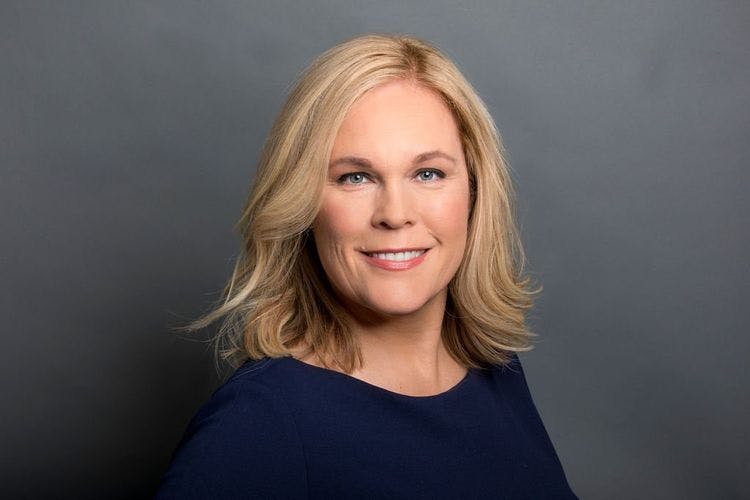
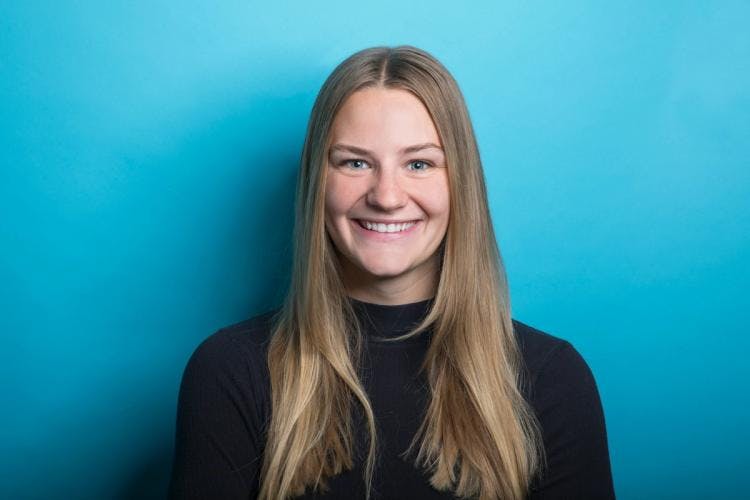
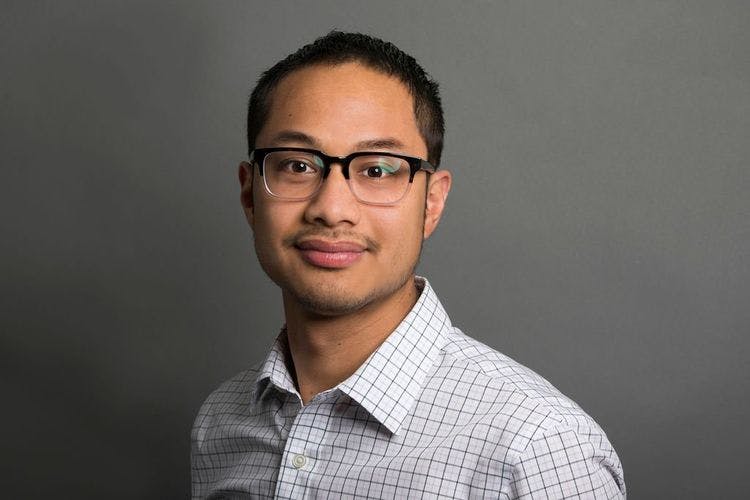
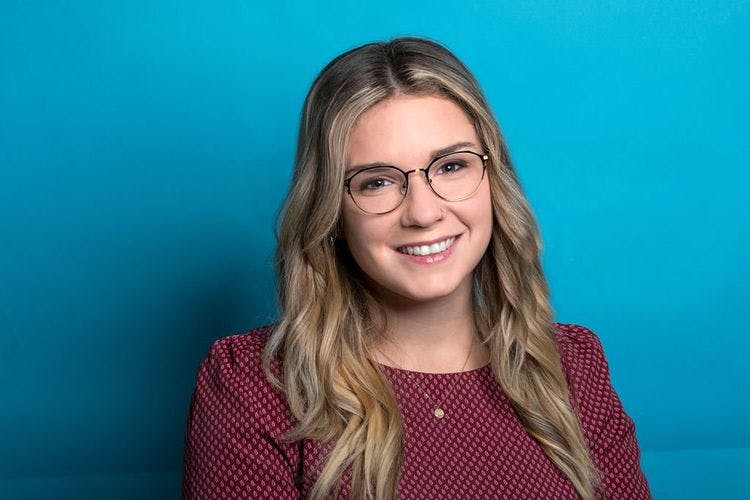
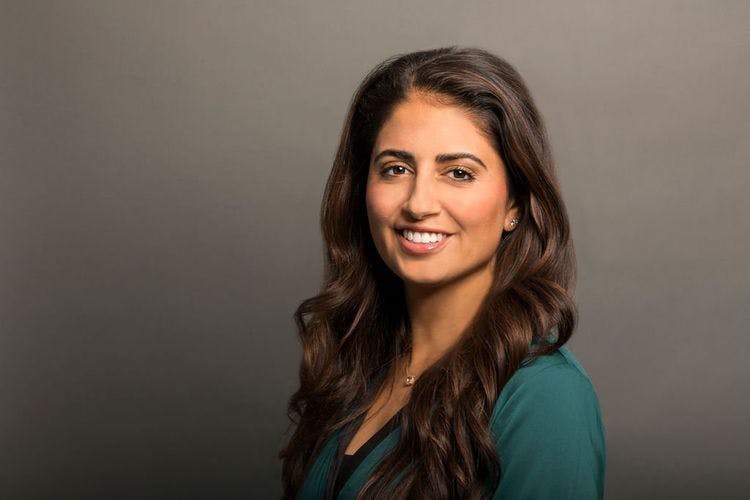
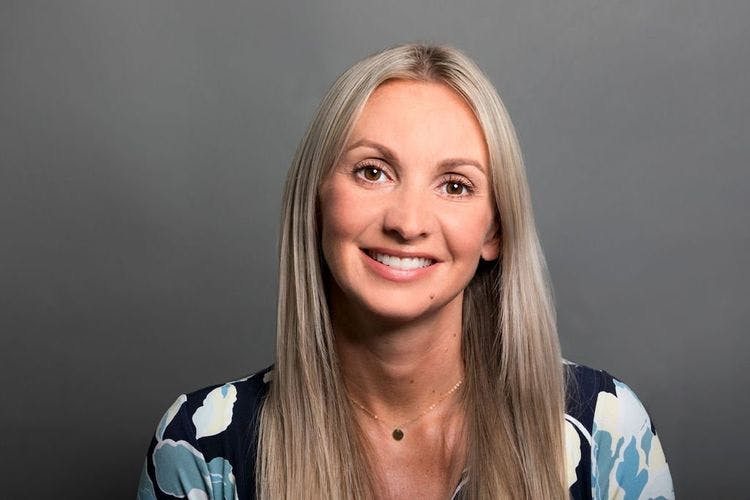
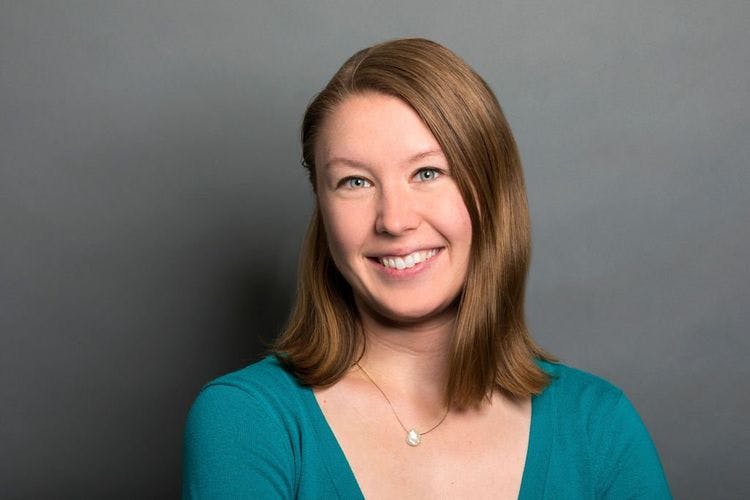
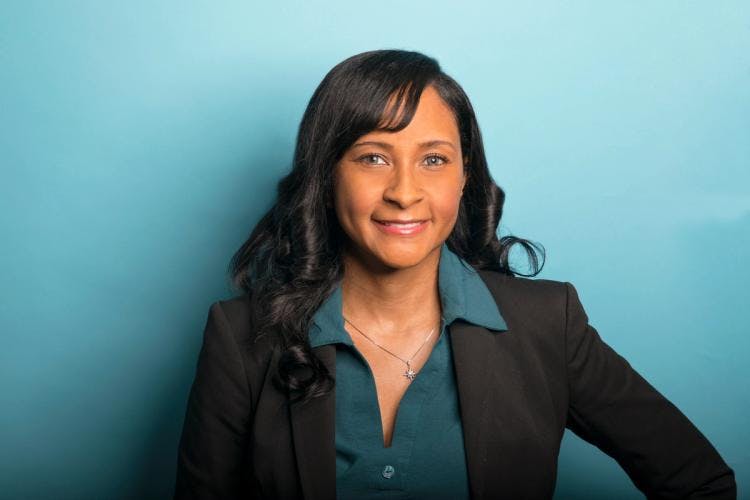
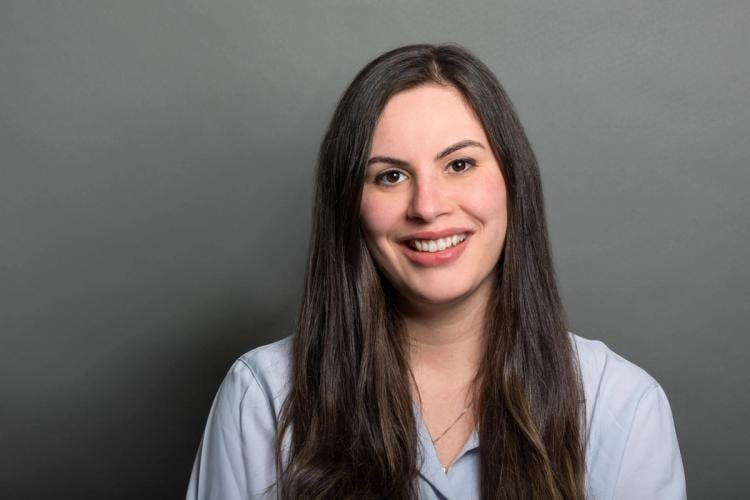
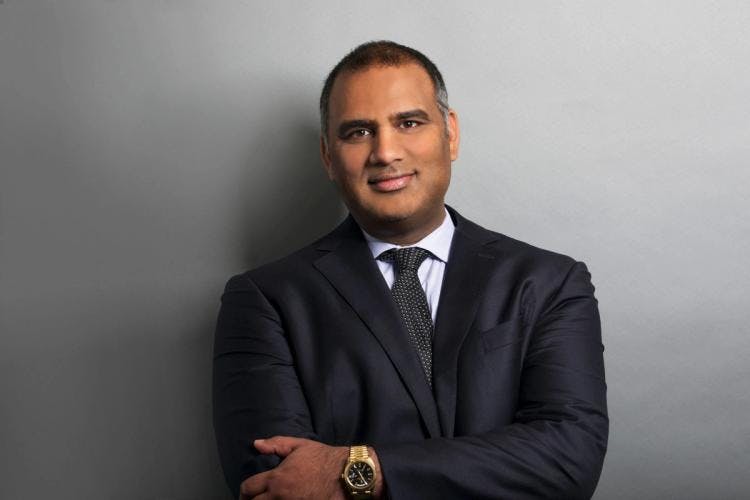

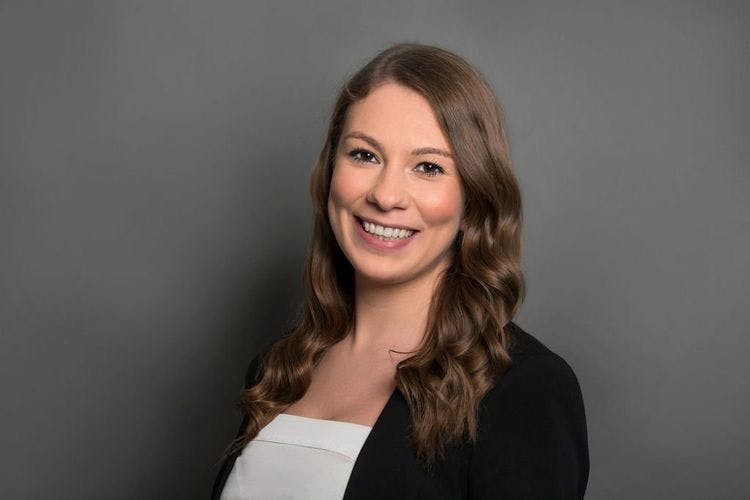
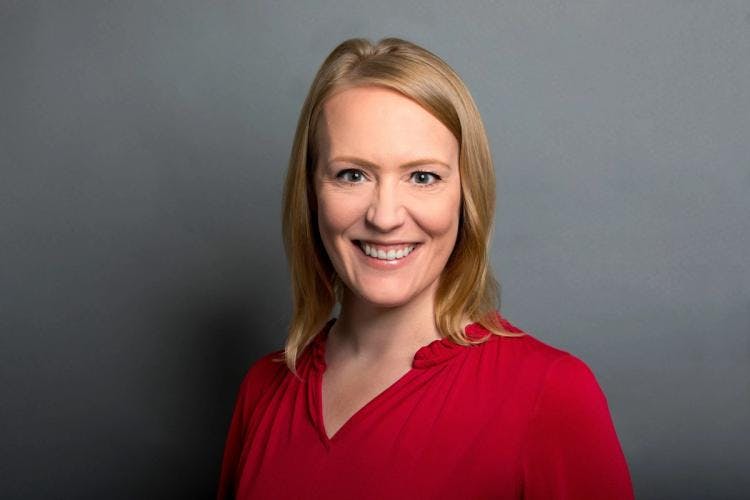

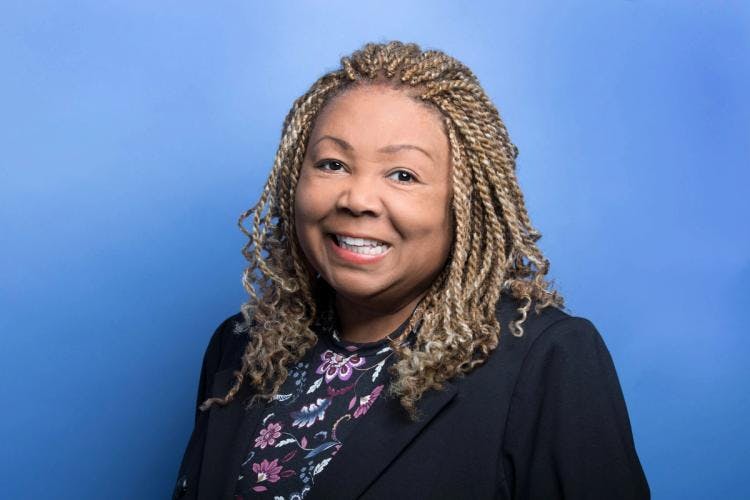
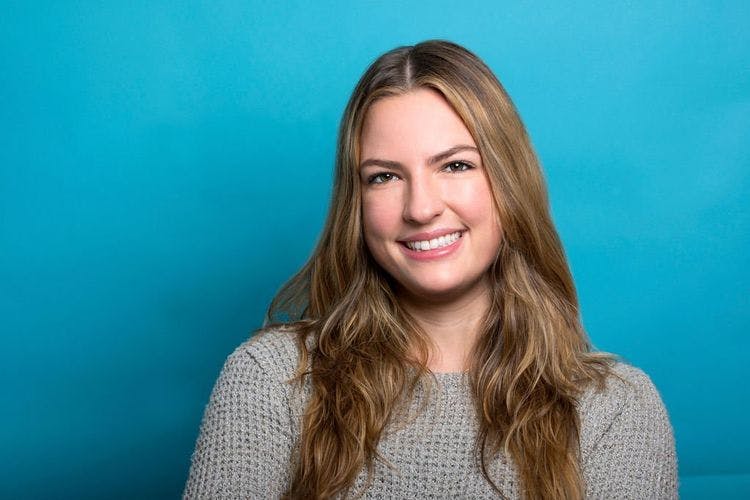


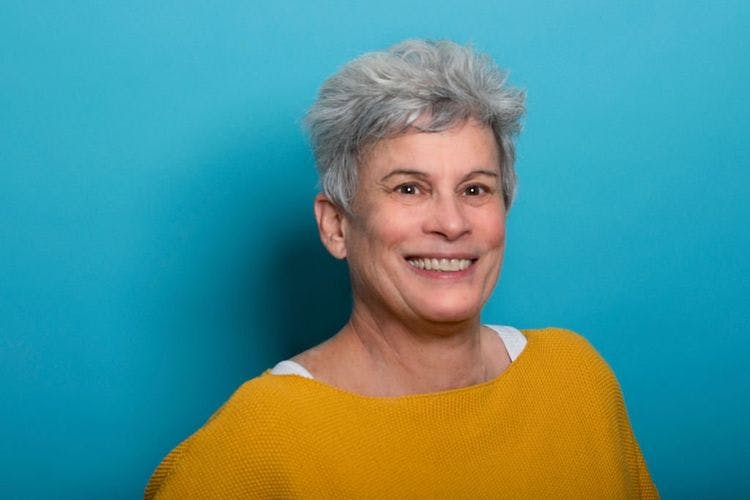

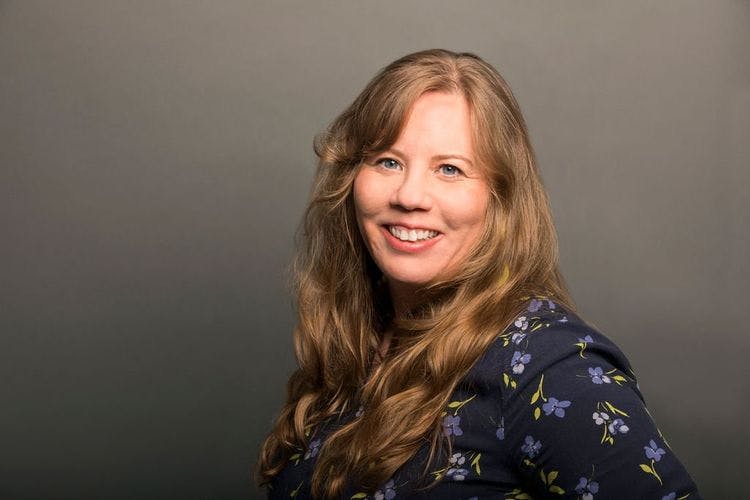
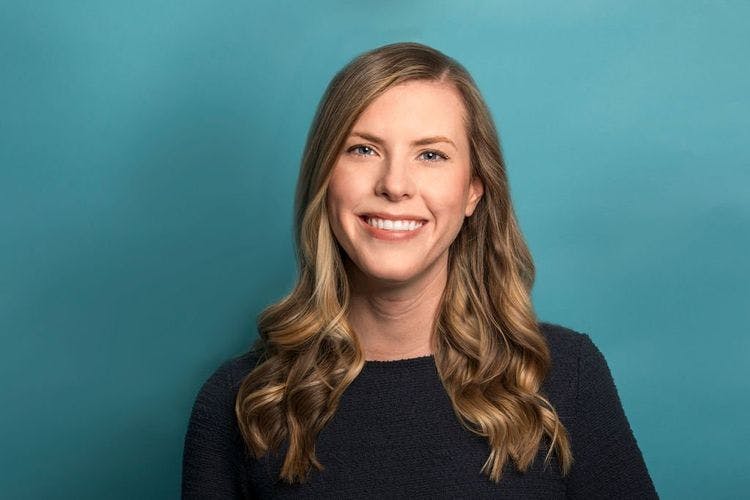
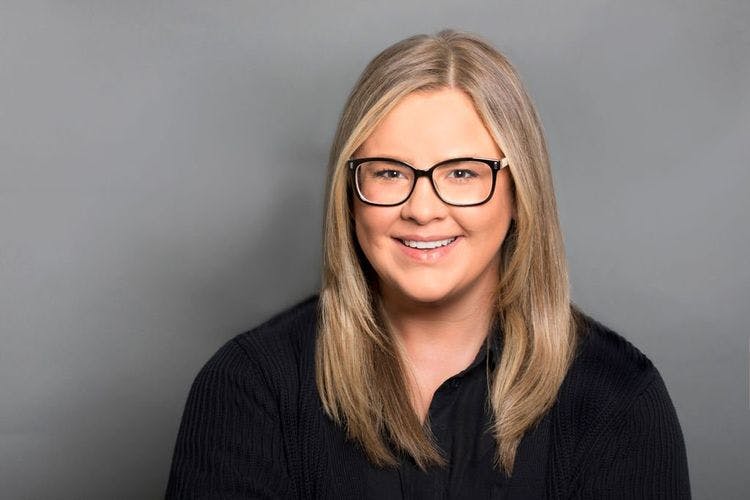
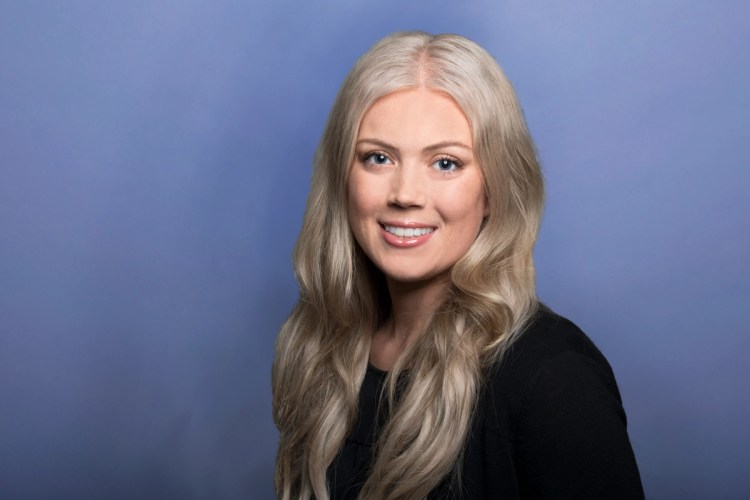
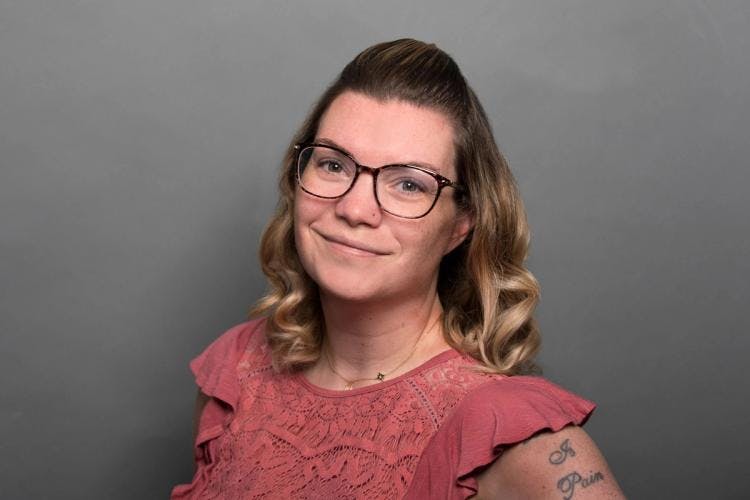
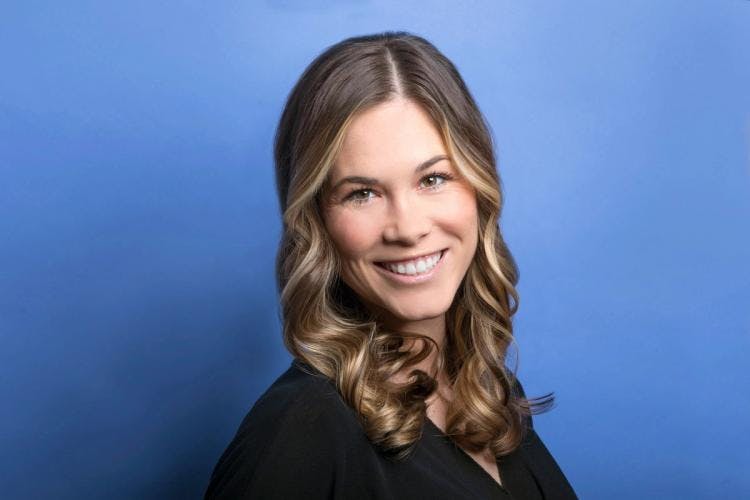
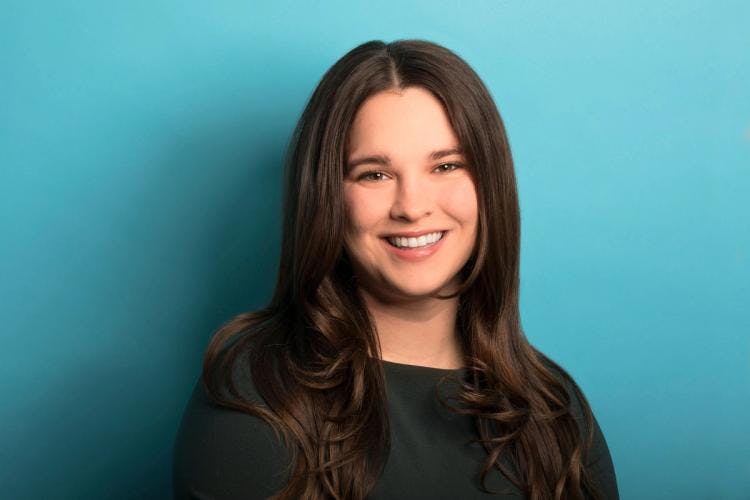


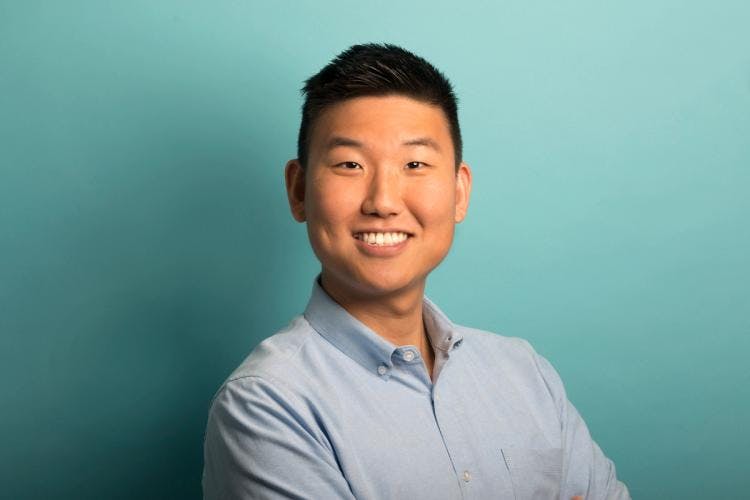
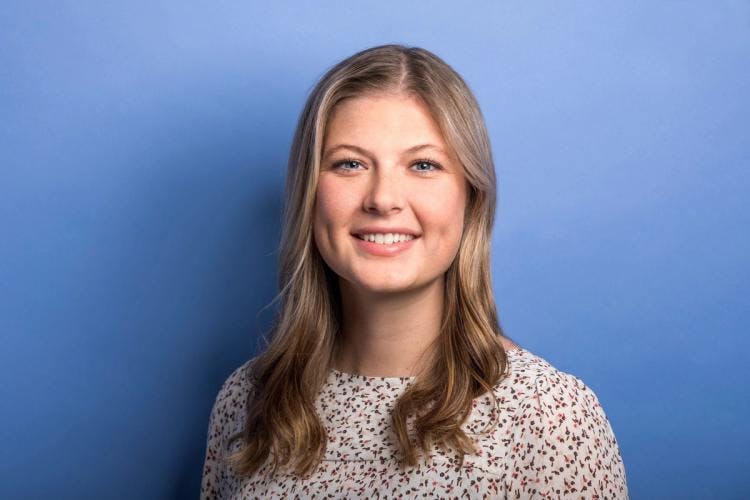
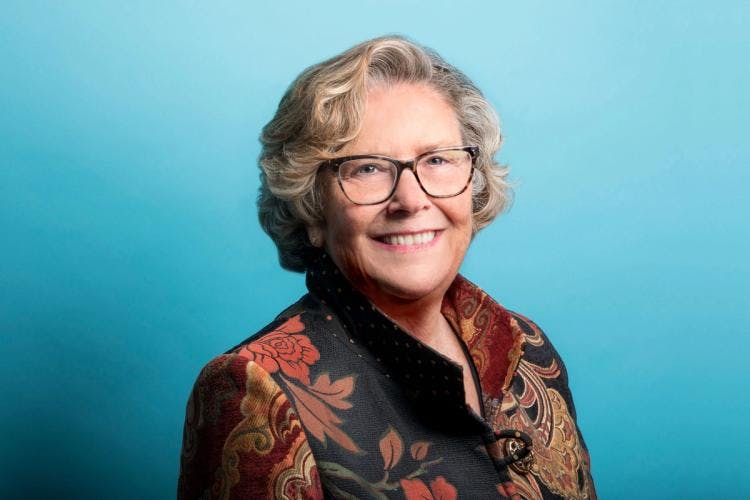
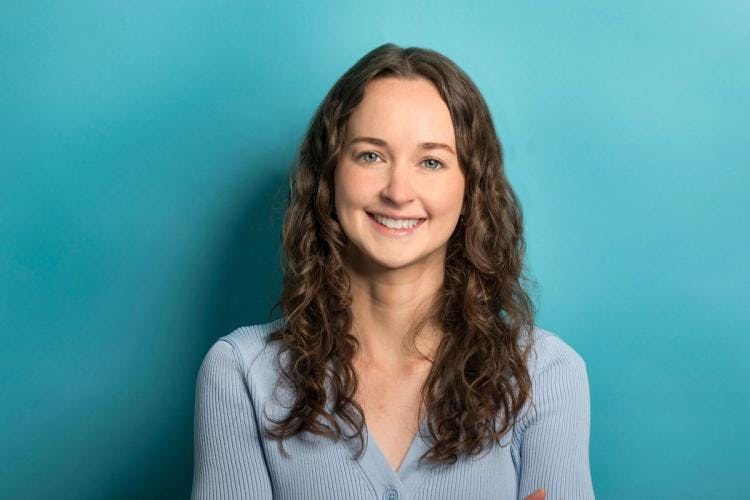



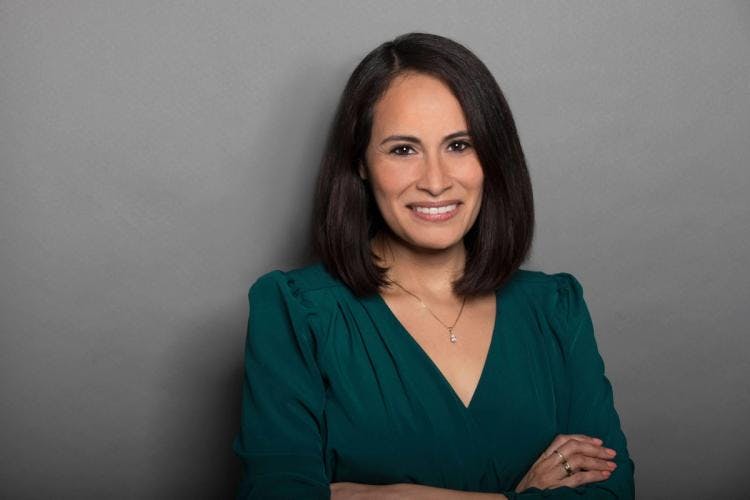
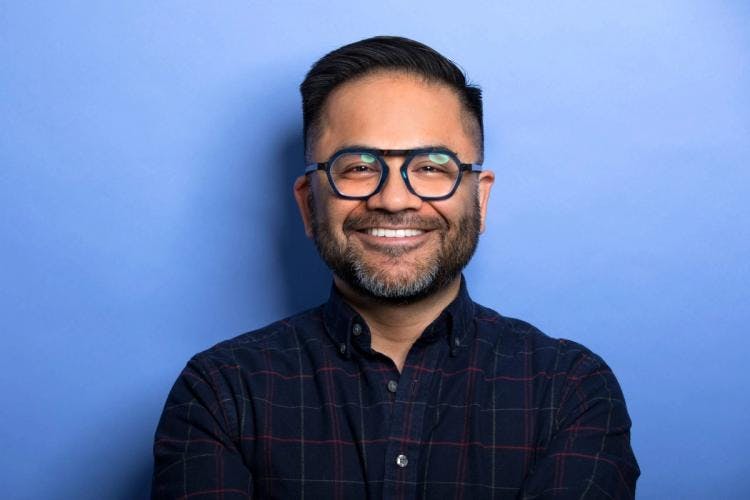

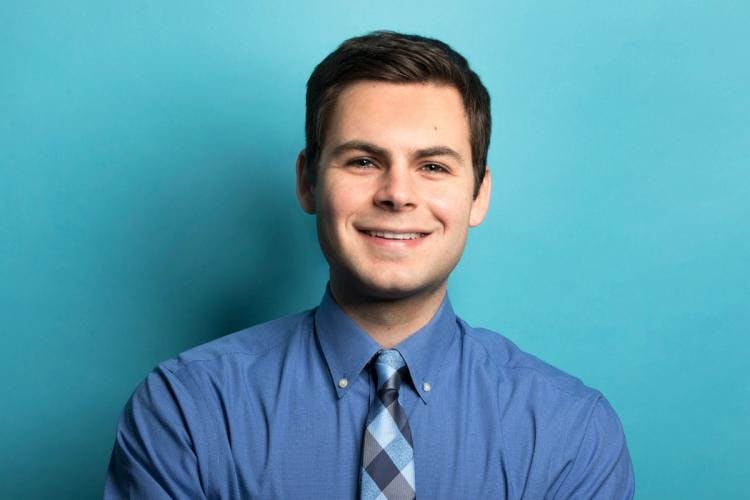

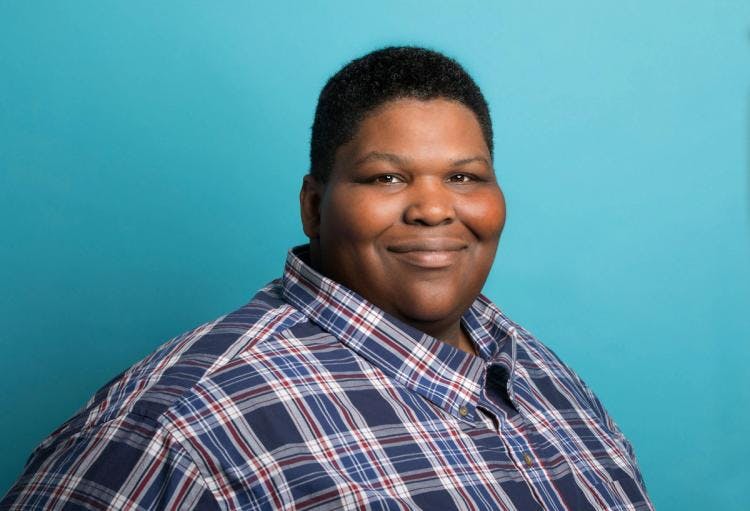
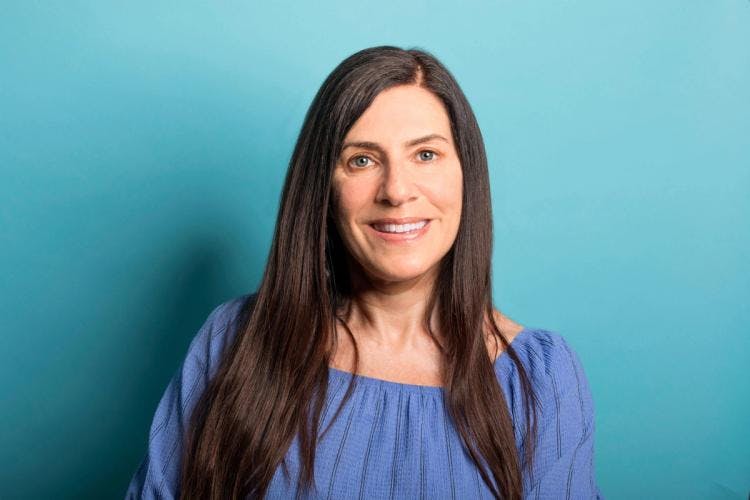
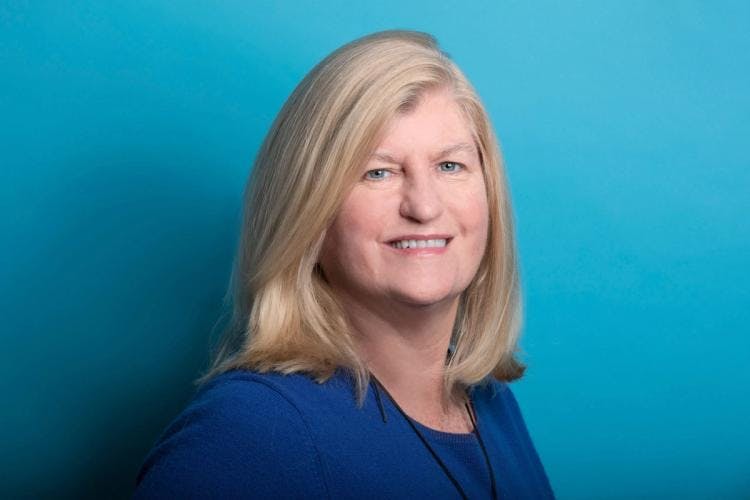
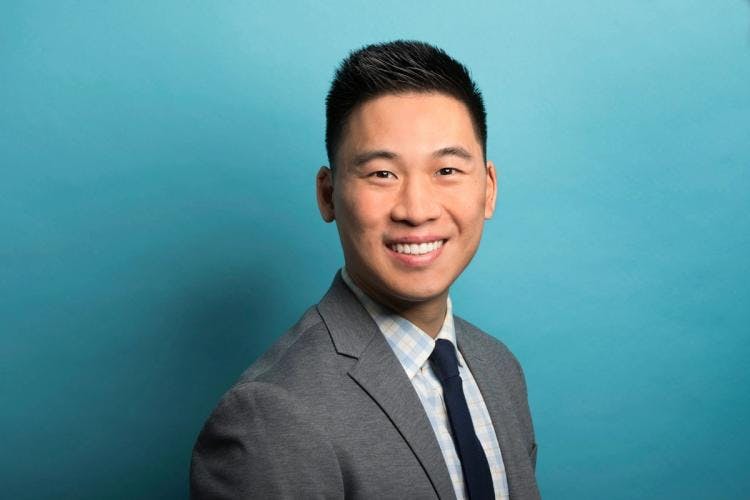
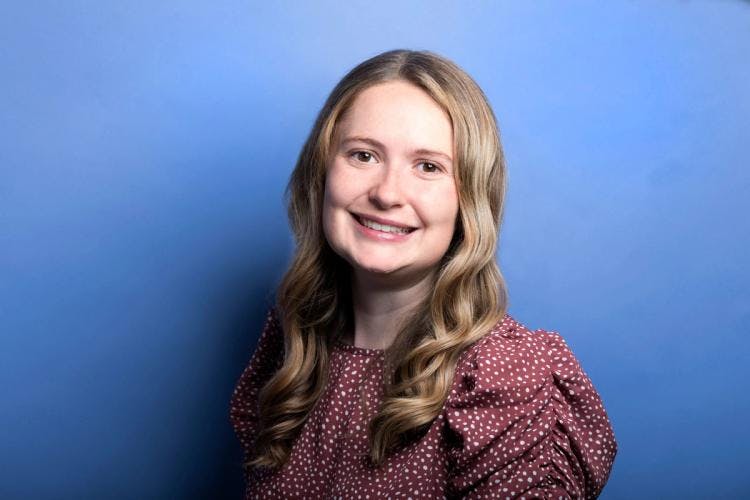
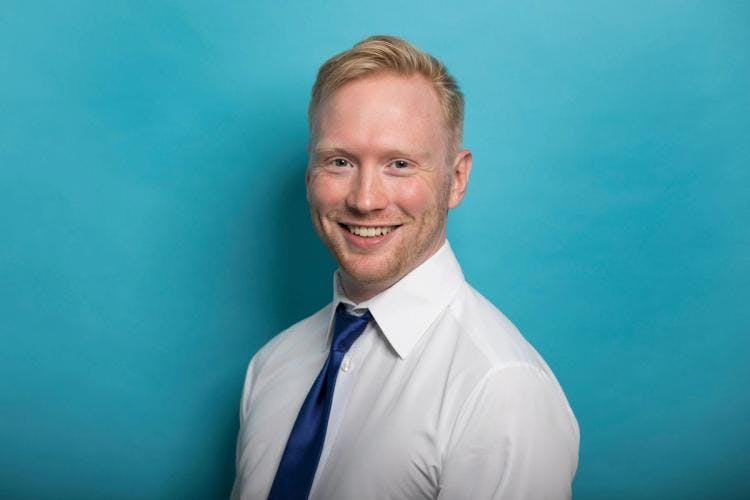
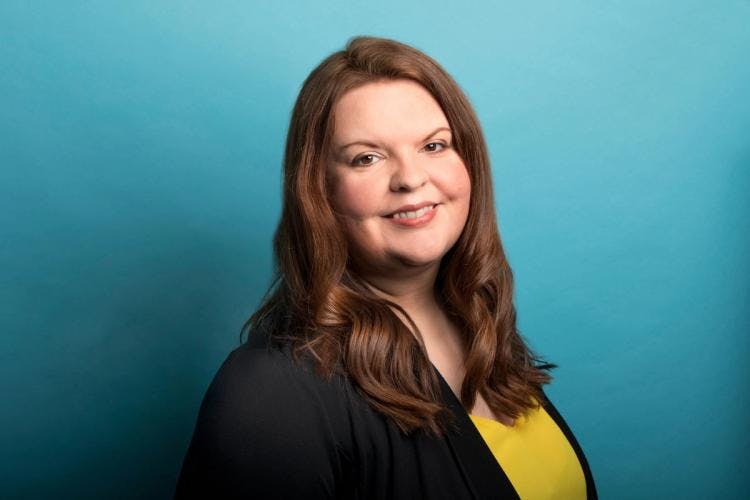
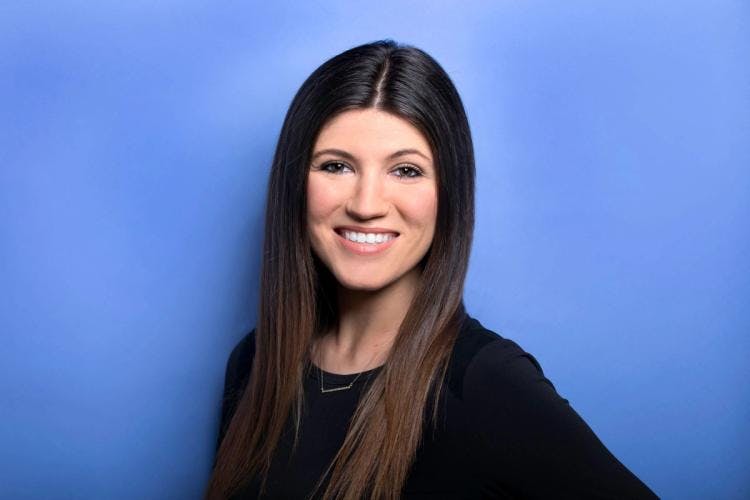

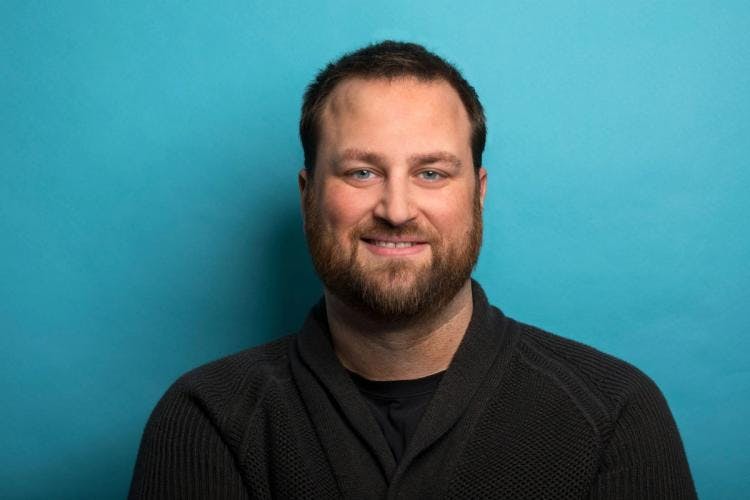
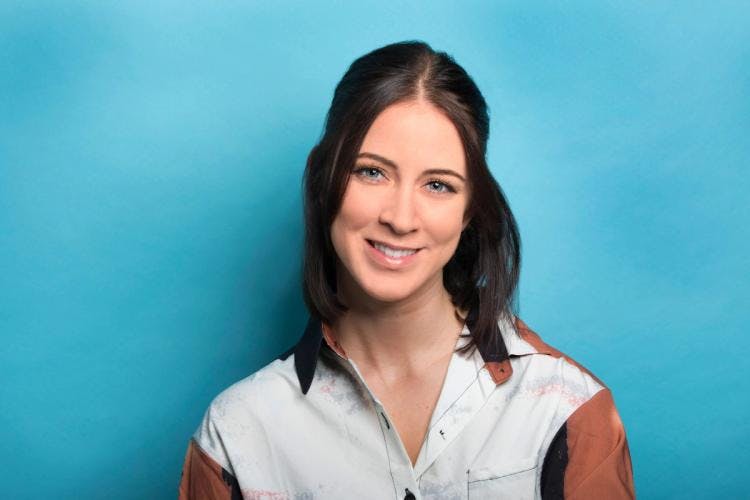
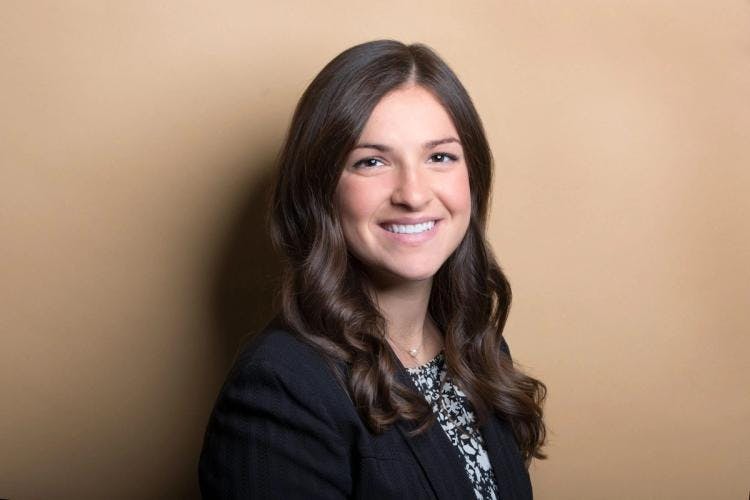
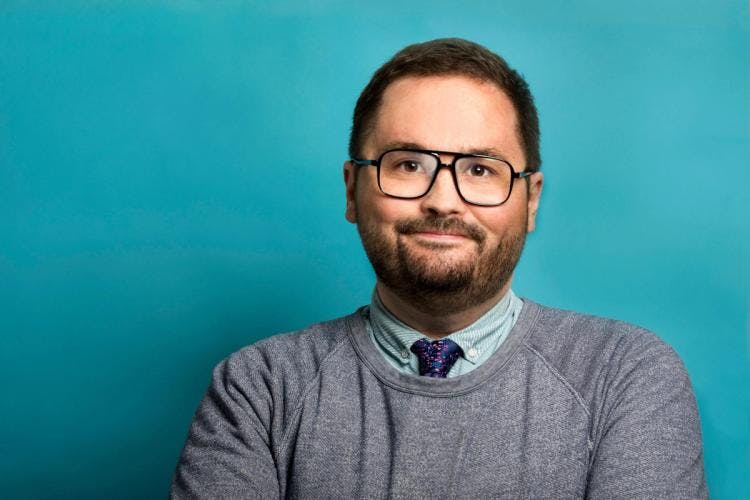
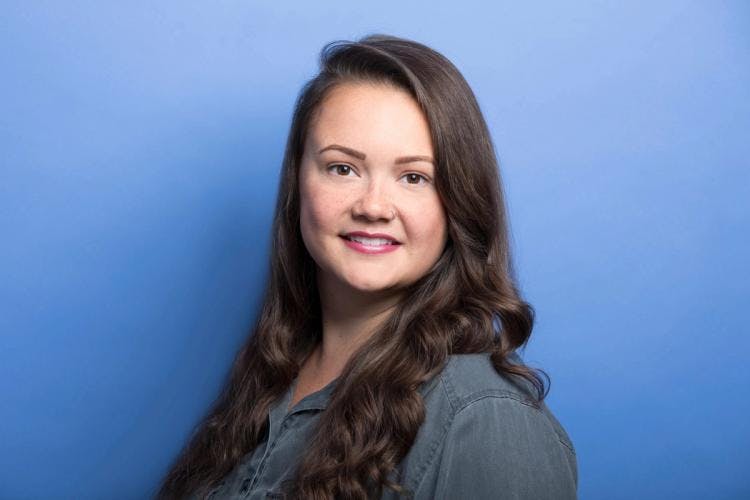
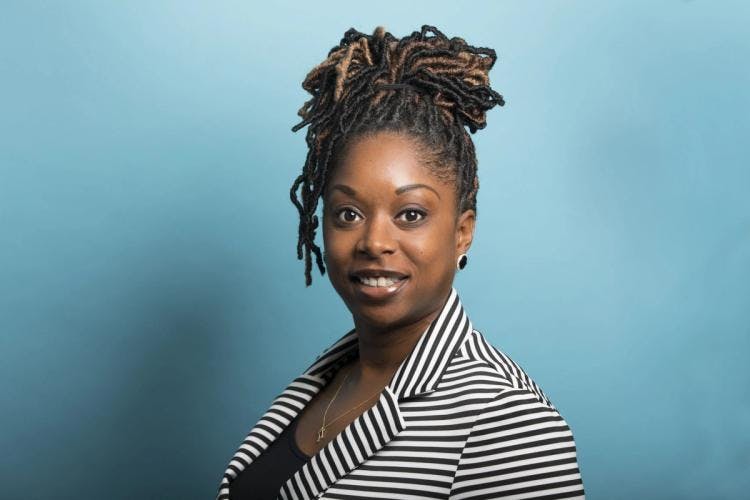
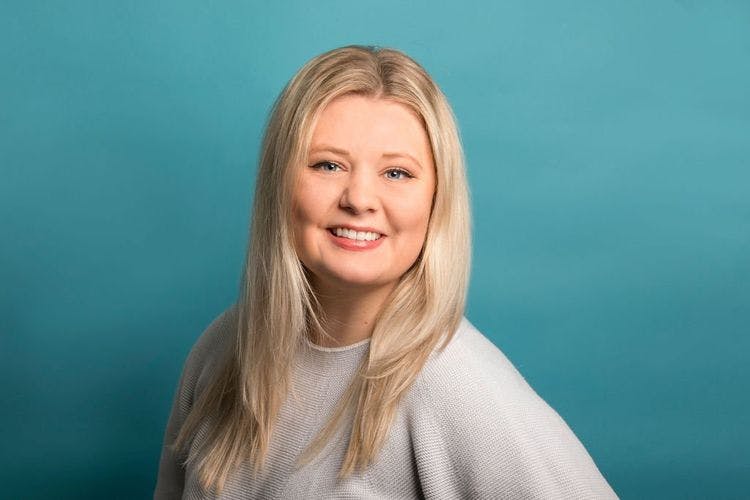
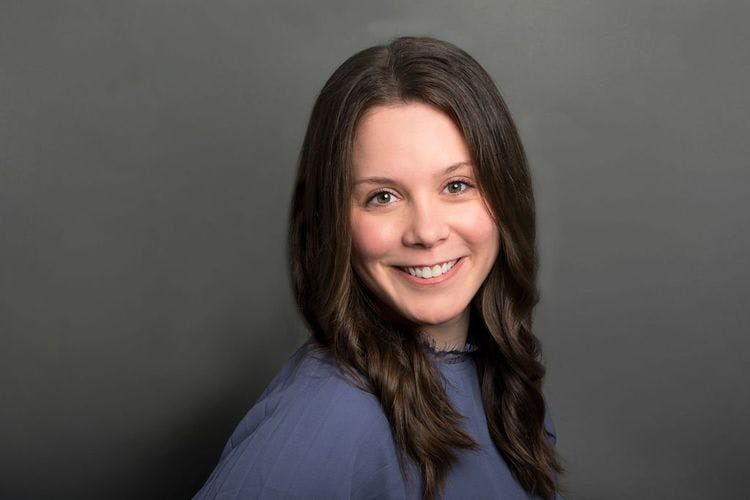
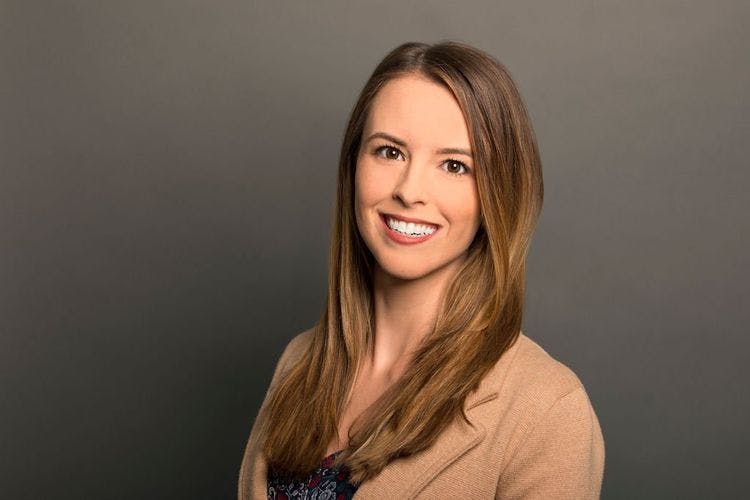
Our Services
Virtual/Online CarePHP and IOPAdult PsychiatryChild & Adolescent PsychiatryAdult TherapyChild & Adolescent TherapyCouples CounselingFamily TherapyGroup TherapyPsychological TestingTranscranial Magnetic Stimulation (TMS)